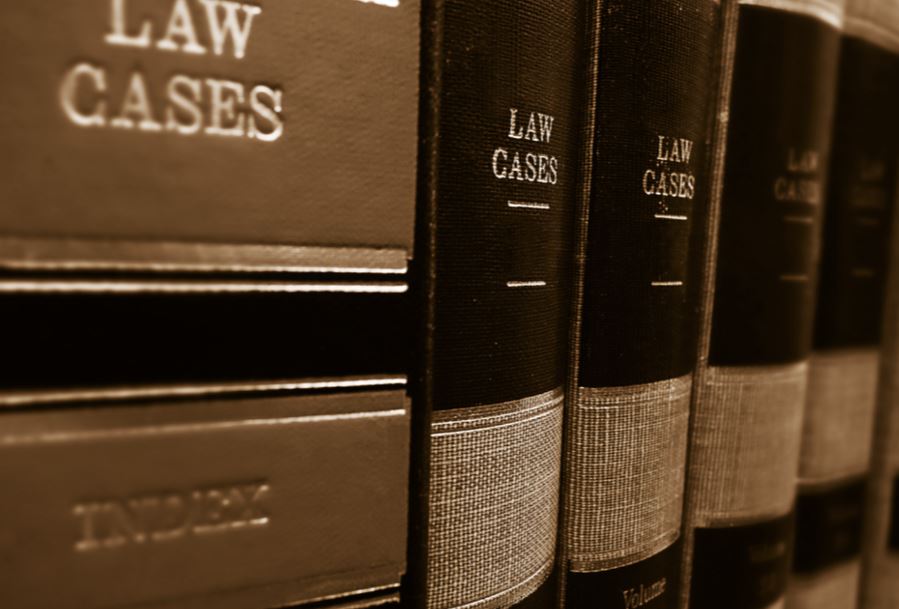In Lion Laboratories Ltd v Evans and Others [1985] QB 526 the court considered whether the gravity of public interest in a piece of information could act as a defence to alleged breach of confidentiality, where that information had been taken without the knowledge of the other party and given to the press. The court held that it could.
Summary of the facts:
Lion Laboratories (the claimant) was the sole manufacturer of the ‘intoximeter,’ a device used to measure alcohol concentration in a person’s breath. At the time of the case, the breathalysers were the only model used by the police in the UK to breathalyse suspected drunk drivers. The results of the tests had been used, in some cases, as the sole source of evidence for convictions of ‘driving under the influence’, an offence which can result in imprisonment, a ban from driving or a fine under the section 8 of the Road Traffic Act 1972 (as amended by s25 of and schedule 8 to the Transport Act 1981).
The first two defendants were former employees of the claimant company. When their employment ended, they took with them confidential internal memoranda without the knowledge or permission of their former employer. These memoranda contained concerns about the accurate functioning of the intoximeter breathalyser. The first document concerned the effect of acetone on the microgram readings on the breathalyser, causing an increase in readings of around 2 micrograms. The second document referred to some machines failing certification by showing inaccurate results by a margin of up to 65%.
These memoranda were then passed to the third and fourth defendants, who owned newspapers which subsequently published articles using information from the memoranda, exposing the findings to the public.
The claimant sued for breach of confidentiality, looking for damages and to remove the published articles.
The question for the court was whether the gravity of the public interest of the information could be used as a defence to the legal wrong of breach of confidentiality. In other words, the court considered the following conflicting rights: the right to privacy, in protecting internal confidential and sensitive information, and protecting against copyright breach; and the right of the public to know whether the breathalyser equipment, was used to convict potential drunk drivers, functioned reliably.
The initial hearing:
The court of first instance had held that there is no general defence of public interest to a copyright breach. Further, the judge had departed from the findings in Woodward v Hutchins which held that a breach of confidence in the context of libel can be justified by public interest. This was on the grounds that, in the present case, there was no allegation of libel, only breach of confidence.
The judge cited the importance of a company to be able to keep their internal affairs from the public eye and emphasised that what is interesting to the public is not necessarily what ought to be public interest, following British Steel Corp v Granada Television. This was essentially to emphasise that just because privileged information would be interesting to read and would make a good story, that does not mean that that information should be considered ‘public interest’ and thus exempt from claims for breach of confidentiality (in the case of the defendants who took the information) and copyright infringement (in the case of the defendants who published the information).
The defendants then appealed this decision, arguing that, in this case, the preferable approach was that taken in the unreported case of Khashoggi v Smith: that regardless of whether a claim is brought by route of breach of confidence or as a claim in libel/defamation, this should not make a claimant any worse off.
The defendants also relied on certain precedent cases involving publication, where ‘public interest’ had been allowed as a defence to publishing facts which uncovered ‘iniquity’, as in Gartside v Outram and Initial Services Ltd v Putterill.
The Court of Appeal’s decision:
The judges found in favour of the defendants on appeal. They approached the case by asking what was really in the public interest: the maintenance of confidentiality, and silencing of the media on the subject of an intoximeter which is potentially saving many lives in providing proof for drunk driving convictions, or; the publishing of information which raises concerns about the accuracy of that proof, and thus the fairness of the convictions arising from it?
In analysing this balance, Stephenson LJ observed that potential errors by the intoximeter bore particularly serious consequences in 2 circumstances.
Firstly, where the intoximeter reads 35 micrograms or more when it ought to read less, the individual will face a charge, where otherwise they would not. The individual may still ask to confirm the results by different means, such as through a urine or blood sample. The police gave evidence that the protocol is to give the individual this choice, though did not comment on how often this actually takes place.
Secondly, where the intoximeter reads 50 micrograms or more where it ought to read less, the individual loses the right to confirm the results through urine or blood sample.
Thus, incorrect readings on the intoximeter can wrongfully impose a penalty on a person in the first circumstance, and remove the opportunity to challenge the evidence provided by the intoximeter in the second circumstance.
A third possible issue which Stephenson LJ raised was that the intoximeter could fail to give a reading at all, thus exposing the individual to a charge of failing to provide a specimen of breath through no fault of their own.
Because of the weight of the possible wrongful conviction based on these errors and hypothetical situations, the judges found in favour of the defendants, holding that the information was in fact of public interest and should be available to the public. They further held that publishing this information in a newspaper was not an unreasonable method of releasing this information.
To summarise, the significance of this case to a whistleblower is that a breach of confidence by an employee towards their employer can be excused if the gravity of the public interest in that information is sufficiently severe. This case shows that the level of this severity does not necessarily have to be ‘iniquity’ as previously thought, but can be something less, such as in this case potential malfunctioning of a product with wide ranging consequences.
Further Reading
From one of the UK’s most read legal blogs.









